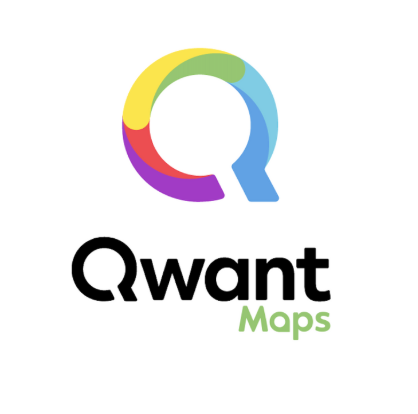
Zurück zum Hub
Blog
Software
Alternatives to Google: 5 Search Engines That are Revolutionizing the Web in 2025

Mathieu Co-founder
Veröffentlicht am 16. Juni 2025Aktualisiert am 3. Aug. 2025
Tired of Google collecting your data every time you search? Want alternatives that respect your privacy? Good news: innovative, secure, and ethical search engines are gaining ground. Despite Google's dominance (over 90% market share in 2023), competition is intensifying with solutions focused on privacy, ecology, and artificial intelligence.
Discover five alternatives that could transform the way you browse the web.
Why look for alternatives to Google?
Privacy protection: Google collects metadata for targeted advertising, which can feel intrusive. Alternatives often prioritize anonymity and do not store search histories.
Neutral results: Unlike Google, which personalizes results based on your history, alternative engines offer an unfiltered view of the web.
Environmental and ethical commitment: Some engines incorporate environmental or social values, such as reforestation or compliance with European regulations.
Top 5 alternatives to Google in 2025
1. Qwant: French-style privacy

Launched in 2013, Qwant is a French search engine that focuses on data protection. With a streamlined interface, it guarantees cookie-free and tracking-free browsing that complies with the GDPR.
Qwant also offers tools such as Qwant Junior for children and Qwant Maps for mapping. By not storing your searches, it offers neutral results without targeted advertising.
Who is it for? European companies and users concerned about privacy.
2. DuckDuckGo: Absolute anonymity
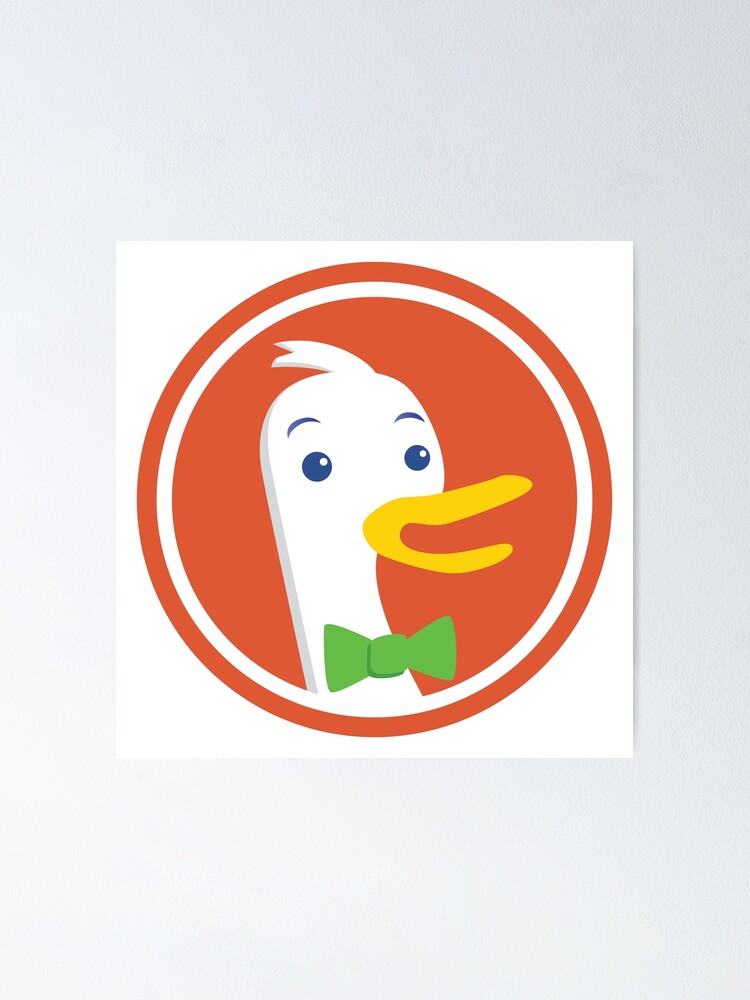
DuckDuckGo stands out for its commitment to never track its users or display personalized ads. Its “bangs” feature allows you to search directly on other sites (e.g., “!wikipedia subject” for Wikipedia).
With its own indexing robot, it combines results from external and internal sources for a seamless experience. A browser extension further enhances protection.
Who is it for? Those seeking maximum privacy, such as B2B marketing professionals.
3. Startpage: The power of Google, without tracking
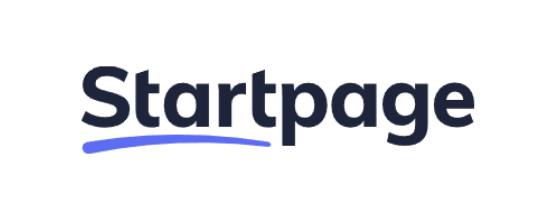
Startpage acts as an anonymous intermediary between you and Google. You get the relevance of Google's results, but without cookies or IP address collection. With a proxy service for anonymous browsing, Startpage claims to be “the world's most private search engine.”
Who is it for? Users who want quality results without compromising their privacy.
4. Ecosia: Search for the planet
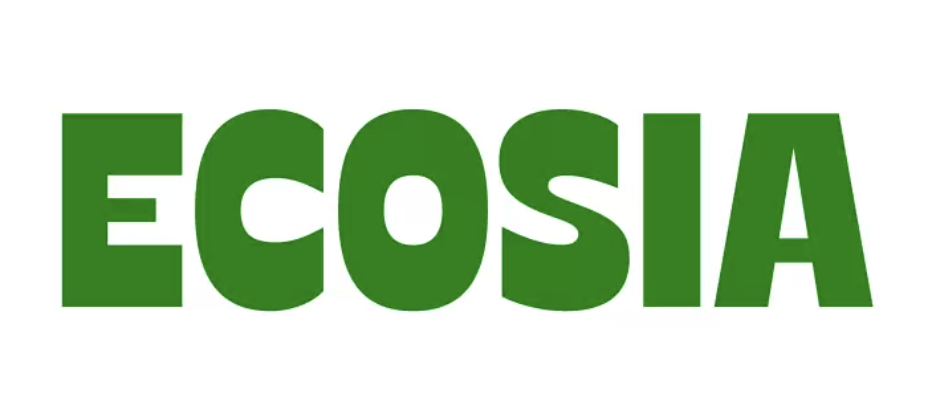
Launched in Berlin in 2009, Ecosia donates at least 80% of its profits to reforestation, with more than 215 million trees planted to date. Based on Bing (and sometimes Google) results, this ethical search engine reduces the carbon footprint of searches and protects data without creating user profiles.
Who is it for? Eco-responsible companies and users committed to the environment.
5. Bing: The AI-powered alternative
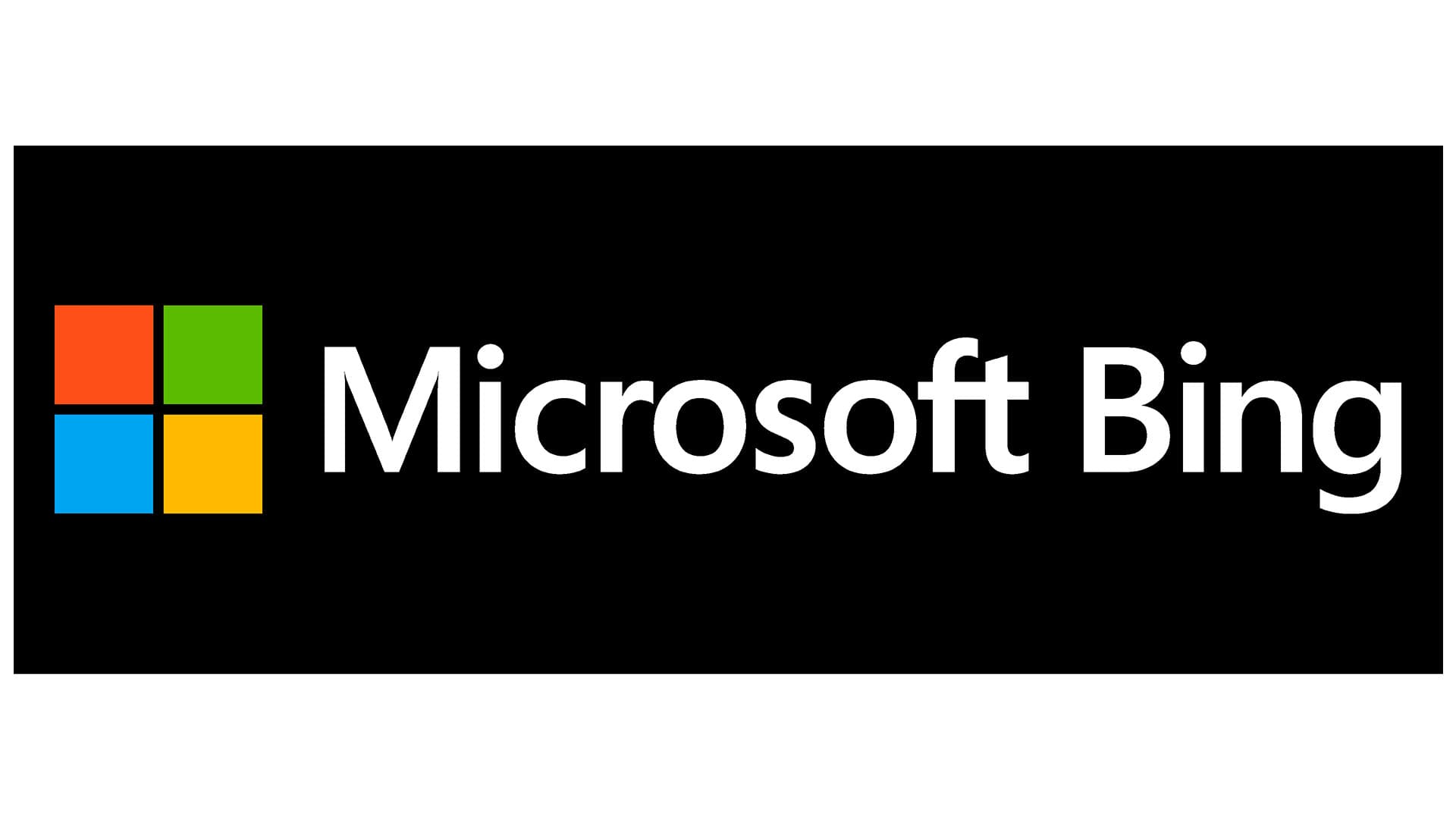
Developed by Microsoft, Bing (4.7% market share in France in 2023) stands out with AI features such as Copilot, a conversational assistant, and Deep Search, which uses GPT-4 for accurate results. Bing also offers practical tools: image/video preview, Bing Maps, translation, and Bing Webmaster Tools for SEO.
Who is it for? Marketers and professionals looking for advanced AI tools.
How to choose your alternative?
For B2B companies:
Anonymous prospecting: DuckDuckGo.
GDPR compliance: Qwant.
CSR commitment: Ecosia.
AI/SEO tools: Bing.
For individuals:
Beginners: Startpage (Google quality without tracking).
Privacy experts: DuckDuckGo.
Eco-conscious: Ecosia.
The future of search engines
Google dominates, but alternatives are diversifying. AI is transforming search, with tools such as OpenAI's ChatGPT Search (free since December 2024), which offers summary answers rather than lists of links. Conversational engines, which are more contextual, seem to be the future.
Tips for migrating from Google
Test gradually: Use an alternative engine for half of your searches for a week.
Change your settings: Set a new default engine in your browser.
Install extensions: Most engines offer extensions to simplify the transition.
Train your teams: For businesses, make your employees aware of these tools.
Tip: Diversify your search sources to avoid being detected as a bot during outreach campaigns.
Conclusion: Take action
Google is no longer indispensable. Whether you are a compliance-conscious professional, a marketer looking for AI tools, or a privacy-conscious individual, there is a suitable alternative.
Try Qwant for sovereignty, DuckDuckGo for anonymity, Startpage for quality, Ecosia for ecology, or Bing for AI. Diversify your tools, protect your data, and discover a new way to browse.
Which search engine will you try first?
FAQ: Key questions

Are the alternatives more secure? DuckDuckGo and Startpage excel in privacy thanks to no tracking, HTTPS encryption, and search leak prevention.
Are the results as good? Startpage offers the same results as Google without tracking. DuckDuckGo and Qwant are very competitive, although sometimes less comprehensive.
Are they free? Yes, all are free, funded by contextual advertising or donations (Ecosia).
Which engine for my company?
GDPR: Qwant.
Anonymity: DuckDuckGo.
Quality: Startpage.
CSR: Ecosia.
AI: Bing.

Klare, transparente Preise ohne versteckte Kosten.
Keine Verpflichtung, Preise, die Ihnen helfen, Ihre Akquise zu steigern.
Credits(optional)
Sie benötigen keine Credits, wenn Sie nur E-Mails senden oder auf LinkedIn-Aktionen ausführen möchten
Können verwendet werden für:
E-Mails finden
KI-Aktion
Nummern finden
E-Mails verifizieren
€19pro Monat
1,000
5,000
10,000
50,000
100,000
1,000 Gefundene E-Mails
1,000 KI-Aktionen
20 Nummern
4,000 Verifizierungen
€19pro Monat
Entdecken Sie andere Artikel, die Sie interessieren könnten!
Alle Artikel ansehenBlog
Veröffentlicht am 5. Apr. 2025
FullEnrich: Bewertungen, Preise und Alternativen, um böse Überraschungen zu vermeiden
 Mathieu Co-founder
Mathieu Co-founderWeiterlesen
Software
Veröffentlicht am 31. März 2025
9 Alternativen zu UpLead, um Ihre Kundenakquise WIRKLICH anzukurbeln
 Niels Co-founder
Niels Co-founderWeiterlesen
Software
Veröffentlicht am 11. Juli 2024
8 Alternativen zu Expandi, um Ihre Akquisitionskosten zu senken
 Marie Head Of Sales
Marie Head Of SalesWeiterlesen
Software
Veröffentlicht am 22. Apr. 2024
Die 5 besten Alternativen zu Dropcontact für eine bessere B2B-Kundenakquise
 Marie Head Of Sales
Marie Head Of SalesWeiterlesen
Software
Veröffentlicht am 14. Juli 2024
6 Alternativen zu Skylead, um Kosten zu sparen und Ihre Lead-Generierung zu verbessern
 Marie Head Of Sales
Marie Head Of SalesWeiterlesen
Software
Veröffentlicht am 4. Juni 2024
Die 6 besten Alternativen zu GetProspect, um Ihre Kundenakquise anzukurbeln
 Marie Head Of Sales
Marie Head Of SalesWeiterlesen
Made with ❤ for Growth Marketers by Growth Marketers
Copyright © 2026 Emelia All Rights Reserved
